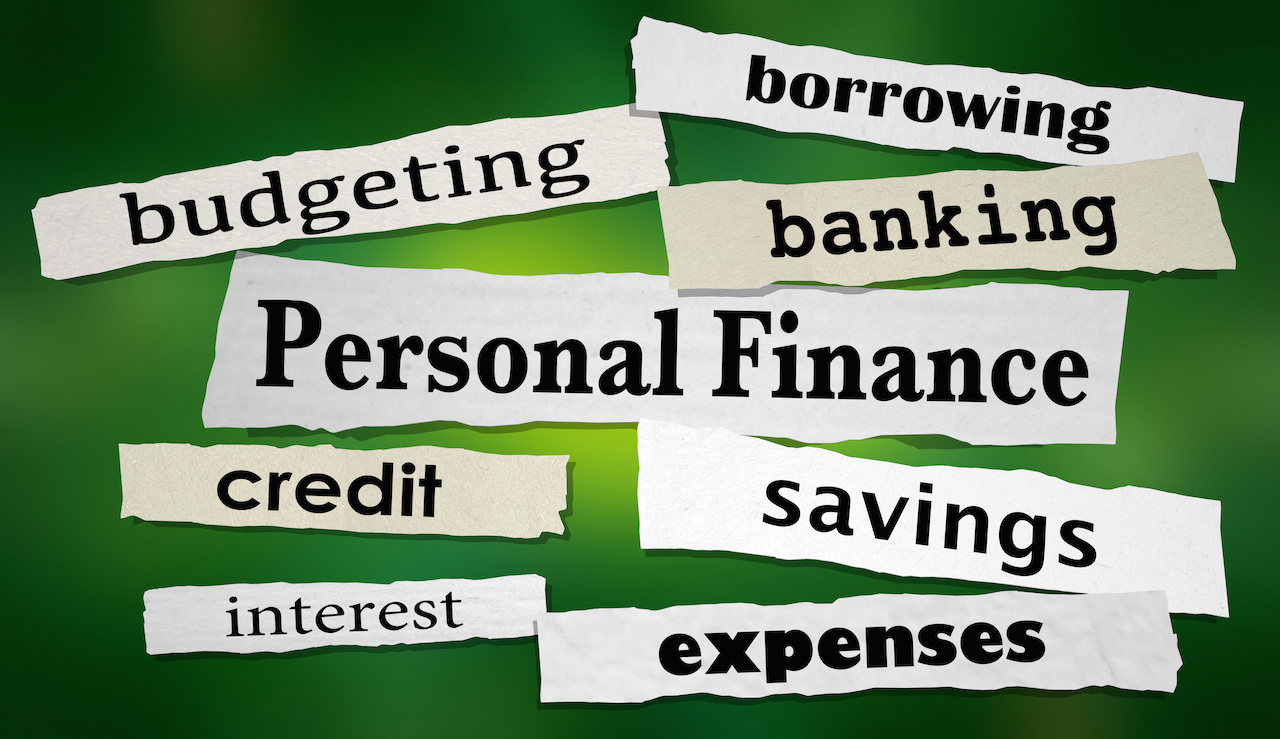A reverse mortgage is a special type of home loan that allows you to turn a portion of your home’s equity into cash without requiring any monthly payments. Homeowners who need an additional source of income often turn to this option because it allows them to leverage the equity in their homes without having to pay extra bills every month or sell their home. Read on to learn more about reverse mortgages, reverse mortgage rules and the pros and cons of this type of home loan to determine if a reverse mortgage is a smart option for you.
How Does a Reverse Mortgage Work?
With a traditional mortgage, you get a loan to pay for your home, and you pay a portion of that loan back to the lender every month. In a reverse mortgage, the lender pays you every month as an advance payment on the equity of your home. In most cases, the payments are tax-free and you don’t have to pay the money back as long as you remain in the home. In a reverse mortgage, once the borrower dies, sells the home or moves, his or her spouse or estate repays the loan.
We’ve gathered some of the basics about reverse mortgages to get you started. For more in-depth details, visit the AARP website. AARP reverse mortgage information offers a thorough review of all the available options without endorsing any particular lender.
Types of Reverse Mortgages
No matter which type of loan you pursue, you keep the title to your home. The monthly income you receive typically doesn’t affect Medicare or Social Security benefits, so it’s often used as a method to supplement retirement income. There are three types of reverse mortgages available, including single-purpose, proprietary and Home Equity Conversion Mortgages (HECMs).
Single-purpose Reverse Mortgage
This type of reverse mortgage allows you to use your home’s equity for a specific purpose that your lender pre-approves. These loans are available through local and state governments and non-profit organizations, but they only make up a small portion of the reverse mortgages granted to borrowers. They’re often reserved for low- or moderate-income homeowners who have a single required expense, such as property taxes or home repairs, that they have no other way to pay.
Proprietary Reverse Mortgage
These private loans are available through mortgage companies such as Finance of America Reverse Mortgage and American Advisors Group. In most cases, these mortgages follow the HECM consumer protections, including required borrower counseling. These loans are often the ideal option if you’re interested in a reverse mortgage on a higher-value home that exceeds the loan limits of HECM loans.
HECM
The United States Department of Housing and Urban Development regulates these reverse mortgages, which are issued by mortgage lenders but insured by the Federal Housing Administration (FHA). Every year, you pay a 1.25% insurance fee based on the loan balance. This insurance protects you if the lender is unable to make payments or if the value of your home doesn’t cover the balance on your loan.
Reverse Mortgage Requirements
To qualify for a reverse mortgage, you must meet several requirements. For example, all borrowers who are listed on the title to the home must be at least 62 years old. Other requirements include:
- Primary Lien: Lenders require this to be the home’s primary lien, which means that you must use funds from the reverse mortgage to pay off any existing mortgage or home loan.
- Occupancy: The home you use for a reverse mortgage must be your primary residence.
- Taxes: You’re required to keep up with the property’s homeowners insurance, property taxes and other mandatory fees.
- Condition of the Property: You must complete any necessary repairs and maintain the property’s condition.
To qualify for a reverse mortgage, you must agree that the loan amount must be paid according to the loan contract after your death. This means that your heirs or estate are held responsible for ensuring that the loan is satisfied in full. They must pay the lesser of the balance of the loan or 95% of the property’s current appraised value.
Reverse Mortgage Pros and Cons
A reverse mortgage can be a steady, reliable method for improving your monthly cash flow if you can afford the cost of maintaining the home, don’t plan to move and want to access your home’s equity. Additionally, you gain access to your home’s equity without the need to make monthly payments to the loan company.
Experts warn that if you can’t afford to maintain the home, this isn’t a good option for you. Other drawbacks include the fees and closing costs, which are often higher than those for traditional mortgages. Another drawback associated with this loan type is the complication it presents if you want to keep the home in your family after you die.
Reverse Mortgage Companies
Finding a reverse mortgage company isn’t unlike finding a traditional mortgage company. To start out, have your property value assessed and then research your available options. Based on the number of loans that each has funded, some of the top reverse mortgage lenders include:
- Wells Fargo
- Financial Freedom Senior Funding
- One Reverse Mortgage
- American Advisors Group
- Bank of America
- MetLife Bank
Conclusion
Before you sign with any one company, whether it’s one of those mentioned above or a different lender, do extensive research. Get quotes from several of your options to make sure you’re getting the most competitive rates, check with the Better Business Bureau to make sure there are no complaints against the lender and read reverse mortgage reviews from consumers to gauge their overall satisfaction.





















